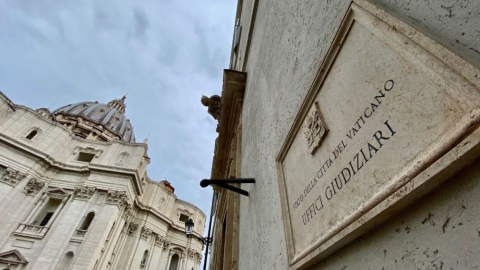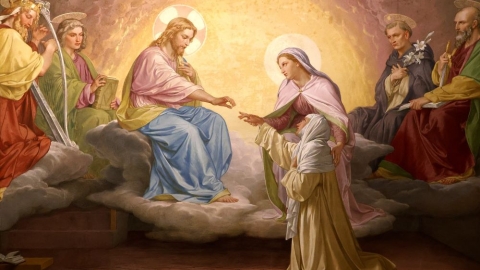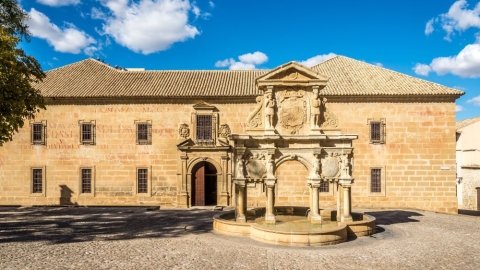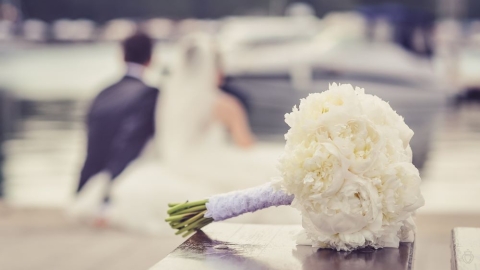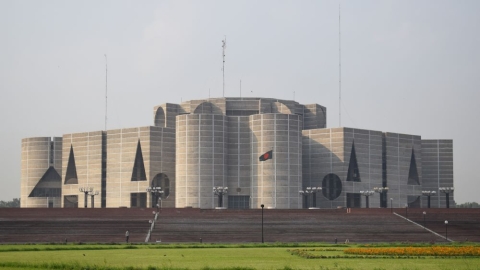Cremation of the Body: Detestable Abuse
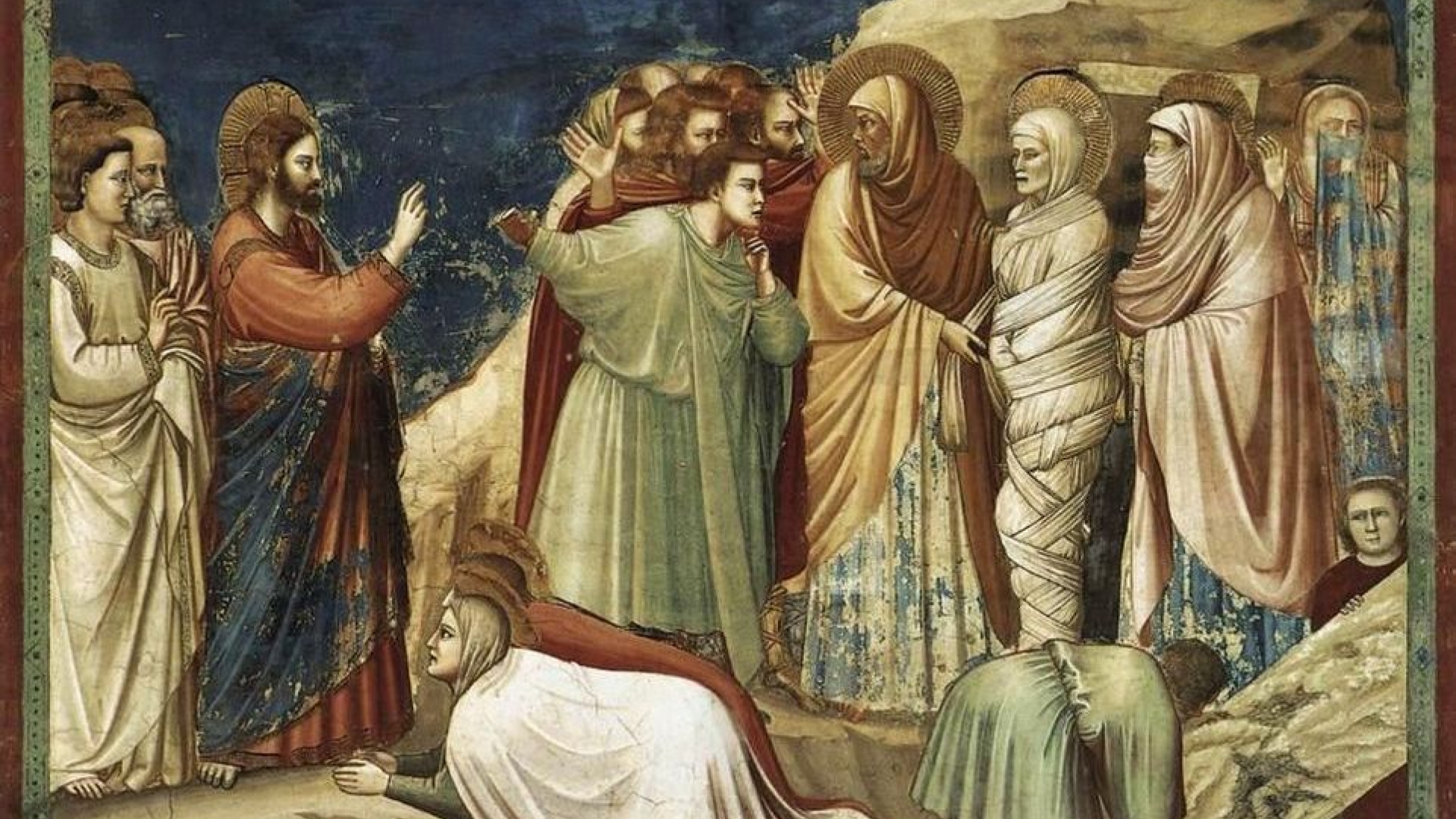
Giotto: The Resurrection of Lazarus
Certains adeptes de l’incinération prétendent que l’Eglise est l’ennemie du four crématoire, parce que l’incinération contredit le dogme. Mais non ! Il n'y a aucune opposition essentielle entre le dogme et l’usage de la crémation.
Some supporters of cremation claim the Church is the enemy of the crematorium, because incineration is against doctrine. No, indeed! There is no essential opposition between doctrine and the use of cremation.
Our belief in the resurrection is not contradicted by this method of disposition of remains. The sovereign power of God will one day reassemble all the ashes produced by combustion, as easily as those resulting from decomposition.
Is it that cremation is against the natural law and therefore intrinsically evil? Again, no! In time of war or of epidemic, the Church permits the burning of bodies. This exceptional authorization would never be granted if truly cremation was against the natural law.
Why Are We Opposed to Cremation?
Because cremation is contrary to Christian tradition. The Church has always buried its dead. The first Christians buried their dead in the catacombs. They had a horror of the pagan custom of burning corpses.
In second place, cremation is contrary to funeral liturgy. The rite of burial and the beautiful funeral prayers are wonderfully suited to inculcating in the soul of the faithful the great religious truths. The immortality of the soul, the future resurrection, the dignity of the human body, these truths are all recalled to Catholics by these liturgical prayers. No doubt, cremation does not suppress these truths. But does it symbolize them? Not at all. It is, on the contrary, the emblem of ultimate destruction. It suggests total annihilation. It seems to say to its practitioners: Do not believe in the survival of man. Abandon all hope of resurrection and of life.
Moreover, who are the most ardent supporters of cremation? The enemies of our religion, freethinkers, Freemasons. Have not these adversaries loudly announced that the great advantage of cremation is to keep priests away from funerals and to replace Christian burial by a secular service?
Finally, we are opposed to cremation because it is a barbaric practice. It is morally revolting. Never can the human heart, at least one that has not been deformed by passions or prejudice, accept this brutal, violent destruction of the remains of one beloved, of a father, a mother, a wife, or a child. To throw the body of one's father, one's mother, in an oven heated white-hot, to reduce it to ashes and get rid of it as soon as possible, as one would get rid of a contaminated animal? Is not such a practice revolting, nauseating?
A Detestable Practice
I would like to quote the words of a member of the French Academy who attended a cremation.
It was the most poignant impression of horror that I have ever experienced. At the mere recollection of the twisting body, the arms flailing, begging for mercy, the fingers twitching and curling up like wood shavings, the blackened legs kicking violently, burning like torches, I begin to shiver, I feel cold sweat on my forehead, and in retrospect I compassionate the torment of this unknown deceased whose flesh I have heard shrieking in protest.
Truly, cremation is repugnant. We understand that it is loathed in circles that have maintained, despite everything, respect for the dead.
Leo XIII called this practice a detestable abuse, a name with which all civilized peoples will concur.
It is not useless to remind our parishioners summarily of the ecclesiastical legislation on the matter:
- It is forbidden to request cremation for oneself or others.
- Catholics may not give their names to cremation societies.
- A priest may not administer the last sacraments to a Catholic who has left instructions to have his body burned.
- The Holy Sacrifice of the Mass may not be offered publicly for the repose of the soul of the deceased whose bodies have been burned by their own fault. By forbidding cremation under pain of grave sin, the Church wishes to end a practice propagated by Freemasonry and freethinkers, in order to spread materialism and irreligion.
(Source: Parish bulletin of Val d'Anniviers, France, September 1923 – DICI no. 378, November 2018)

